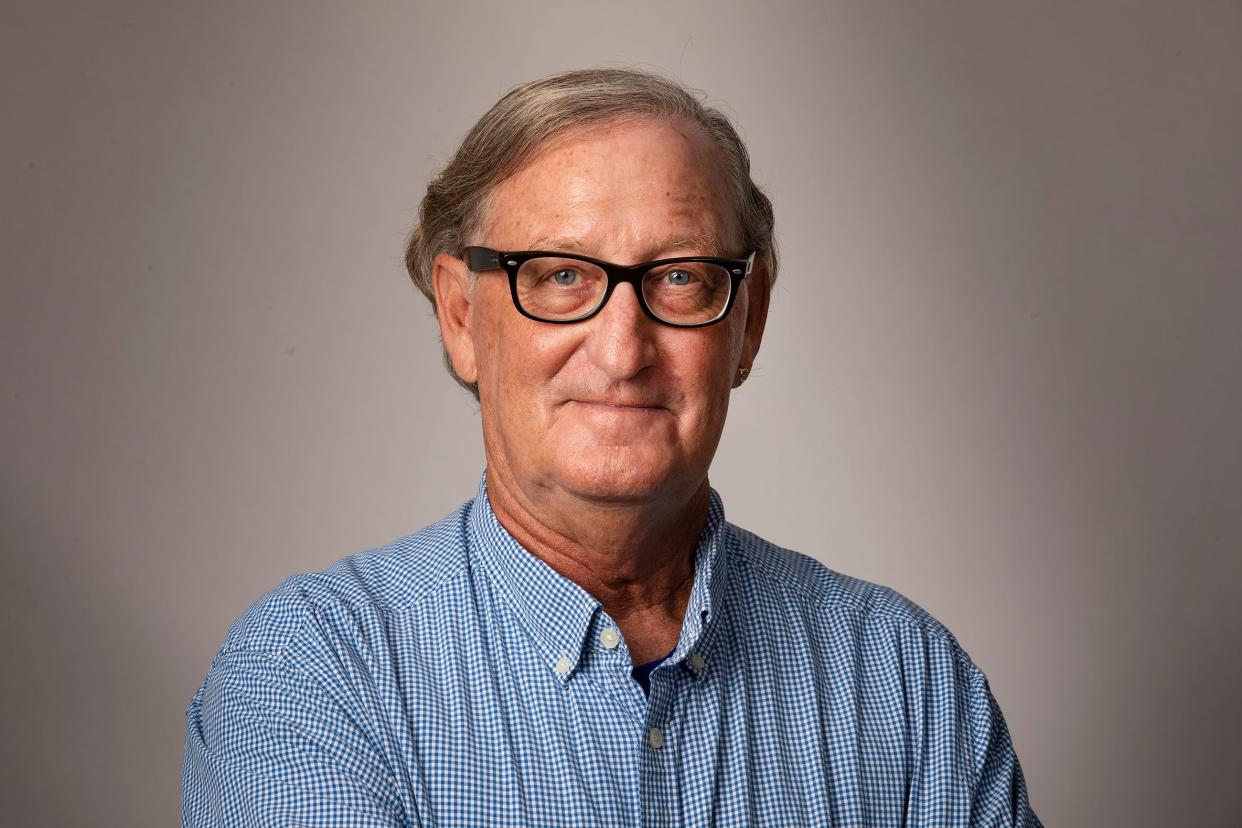Gen Z: The international generation

I spent some of my early years in east Africa.
My father, a philosophy professor at a fine little Methodist university, had pitched in to help found the University of Malawi. He did this along with a crew of faculty drawn from across the U.S. and Europe, following the dissolution of the former “Federation of Northern Rhodesia and Nyasaland” into the independent nations of Malawi and Zambia. We’d spent time as a family in Greece, and would spend time in Turkey, but Malawi remains, for me, the place from which I came home to the U.S.A.
To my school friends, I was decidedly a weirdo. Africa was a place they’d barely heard of and was, if known at all, painted over with the ridiculous patina of Tarzan movies, H. Rider Haggard stories, and tall tales of Stanley and Livingstone hacking through jungles.
Malawi was terra incognita, and my own referents were equally odd. The only president I’d really known was His Excellency Hastings Kamuzu Banda, the hero of independence, who had carefully steered the trickiest of paths between the various cold warriors and the apartheid regime in the also-newly-formed Republic of South Africa. Lyndon B. Johnson was a name to me but not much more. In Malawi, we’d had radio only and could raise barely two clear news stations on the shortwave: the BBC Overseas News Service, and the radio service of the People’s Republic of China, which consisted largely of editorials read from the “People’s Daily.”
Coming home, I wasn’t quite sure what it meant to be an American. But I learned fast, fell in love quickly and forever.
The USA was not – and is not - perfect, but it has always aspired to be. It still does, and what started as infatuation has become a happy, lifelong obsession, with those fine ambitions at its core.
I will always see the U.S. through an international lens - not so much comparing, as integrating - connecting things. When I returned, the U.S. was still a relatively sealed society. Despite the international origins of most of the citizens, comparatively few of them had been anywhere else. The military was the gateway to postings abroad, but educational, much less casual international travel, was for the fabulously wealthy.
No more. Quietly, causing barely a ripple, we are raising an international generation.
I’ve been working with educational travel for decades, and a major feature of the job is to introduce students to the big world outside. Many had never been out of their home state and most had never been out of the country.
No longer.
Trade, business and the peace that make them possible have drawn the continents closer. Nearly half of the students going with me overseas this semester have been abroad - all have at least played with the idea of spending part of their future working life outside the country. It has changed them. They have the distinct advantage of a view of the U.S. from outside the U.S.
The value of an international experience cannot be overstated. For many students, it’s the involvement that will lead them to a wider, kinder, more tolerant view of our own polity, as well as an understanding of how the rest of the world behaves.
It seems to me that with all of the emphasis on civic engagement in higher education, a direct connection with the wider world should be part of the deal. Too much of how we view this country is based on what we see immediately around us, rather than the eagle’s eye view from foreign shores.
State colleges and universities, now undergoing radical changes, should look to a subsidized study abroad programs as a reasonable path as nothing increases your appreciation of the USA more and inspires an active interest in making it a better place, than to see it from afar.
Bruce Anderson is the Dr. Sarah D. and L. Kirk McKay Jr. Endowed Chair in American History, Government, and Civics and Miller Distinguished Professor of Political Science at Florida Southern College. He is also a columnist for The Ledger.
This article originally appeared on The Ledger: Gen Z: The international generation

